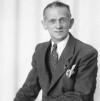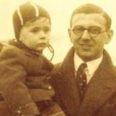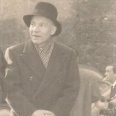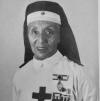Arminio Wachsberger was an important witness to the deportation of Roman Jews and the Holocaust, due to his dry and accurate accounts of events. Born in 1913 in Rijeka, the son of the chief rabbi of this cosmopolitan and open city, where various languages were spoken and various religions coexisted peacefully, Arminio could speak many languages as well, including German. He moved to Rome in 1936, where he found a job in an optician’s shop owned by a Polish Jew, married a Roman Jewess, Regina Polacco, with whom he would shortly afterwards have a daughter, Claretta.
Like most members of the Roman Jewish Community, he was caught in the raid of 16th October 1943 and, together with his family, was taken to the Military College. During his transfer to the College and over the next two days, Arminio, who spoke perfect German, was used by Theodor Dannecker (the person in charge of the raid) as an interpreter, a skill that, together with his reserved and calm personality, enabled him to mediate with the Germans, immediately trying to save as many lives as possible. First of all that of little Vittorio, his brother-in-law’s son, only two years old, who happened to be with them that day. At a stop of the truck that was transporting them, right opposite his brother-in-law’s house, he took advantage of the soldiers’ momentary distraction to throw the child into the arms of the porter, who suddenly hid him. At the next stop, he rescued another child, the son of a family he knew. The child was recognised by an aunt who asked a non-Jewish woman to approach the truck and ask for “her son” back. Arminio persuaded the SS to hand him over to the woman, confirming her version. He later helped some having non-Jewish names to be released, by declaring on his own responsibility that they were not Jews.
Subsequently, his knowledge of German enabled him to survive extermination camps. Taken to Auschwitz camp, he escaped selection (which was not the case for his wife and daughter) and, for a short time, acted as an interpreter for the notorious Mengele. Once again he tried and succeeded in saving several lives, by bribing the guards for medicines and food to bring comfort to the sick. A few weeks later he was transferred to Warsaw, with other Roman Jews, to work on clearing the rubble of the Polish capital’s Ghetto, destroyed by the Germans after the uprising. In the summer of 1944 this group was moved from Warsaw to the German hinterland, in a terrible march that took them to Dachau camp. In April of 1945, Arminio was liberated by Americans but remained in the area for a long time, where he married a Hungarian survivor with whom he had two daughters, Clara and Silvia. He continued to collaborate in the search for survivors and to testify in the trials against his torturers. He went back to Italy only in 1949, where he lived with his new family until his passing in 2002.
Thanks to his tireless effort as a witness, Arminio Wachsberger gives us an accurate account of the Jewish environment in Rejika, of Fascist Rome during racial laws, of Auschwitz, the death marches, the liberation of camps, leaving a crucial contribution to the construction of Holocaust remembrance.
His daughter Clara recounts “his great commitment to being a proactive witness and he was not only one of the first individuals to speak about the Shoah when nobody wanted to talk about it, as he was interviewed back in 1955, he also became one of the founders of Associazione Figli della Shoah, set up in 1998 with other camp survivors”.
“We wonder what will happen to Holocaust remembrance when the last survivor passes: his/her children will be here to continue bearing witness” said Elie Wiesel. Indeed, after his passing, Arminio’s daughters decided to collect all the material and testimonies in a book titled “L’interprete” (publ. Hoepli) for him to continue giving his contribution against all denialism and “to leave something of him to those many who loved and appreciated him and to make him known to many others, if possible”.





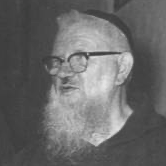















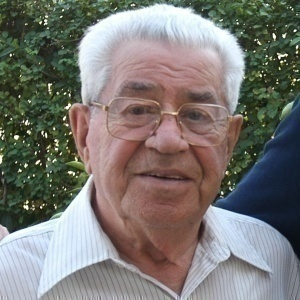

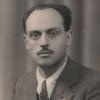
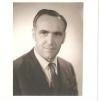



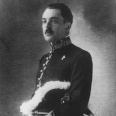




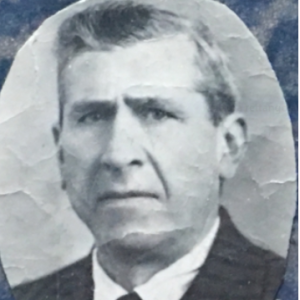


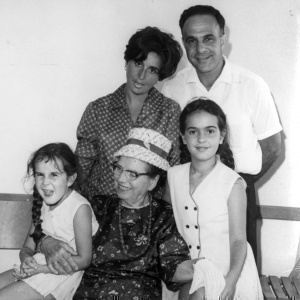

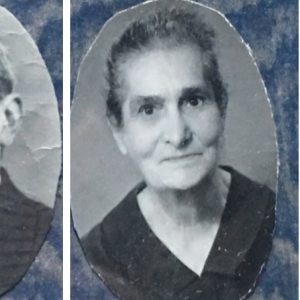

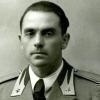



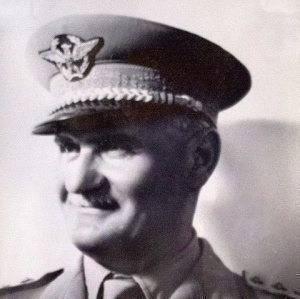
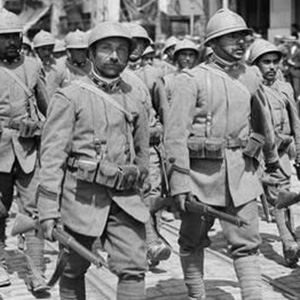


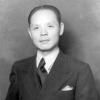

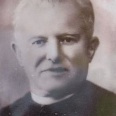
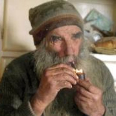
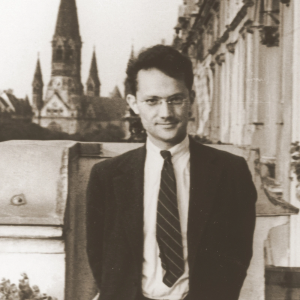

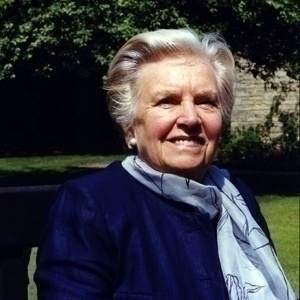

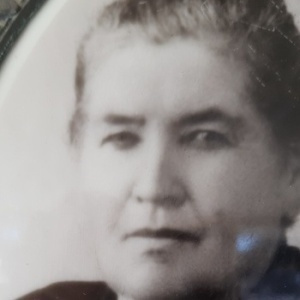


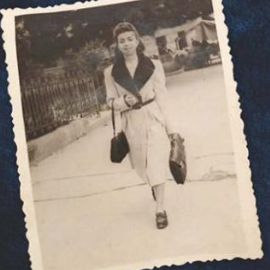

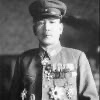





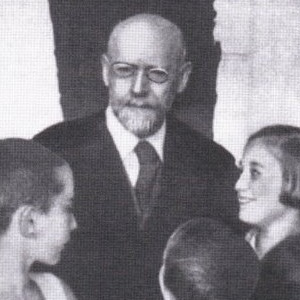

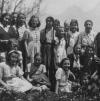




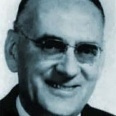

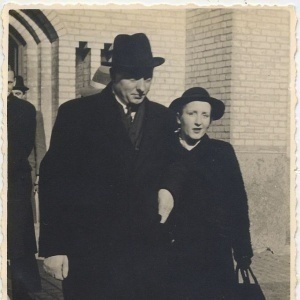

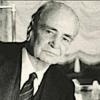

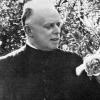

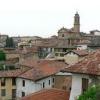



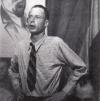


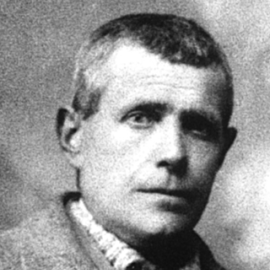
.jpg)
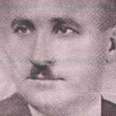

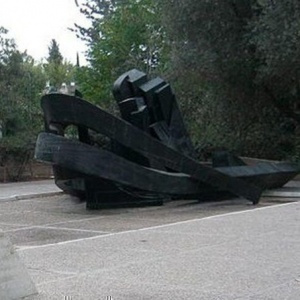
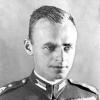

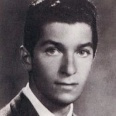

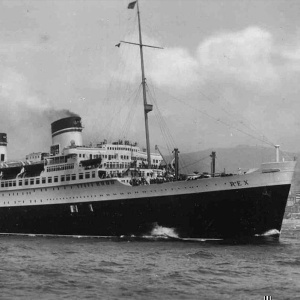
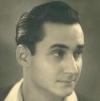
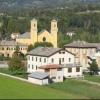
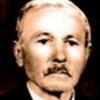




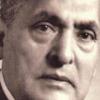





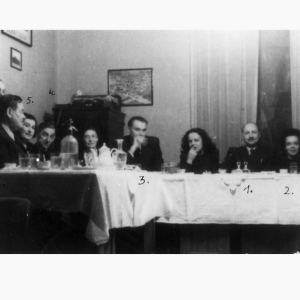

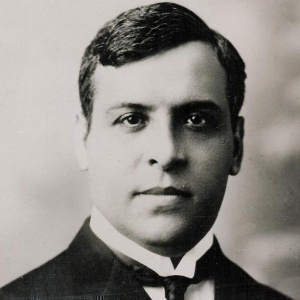







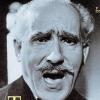

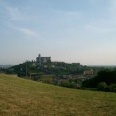
.jpeg)







